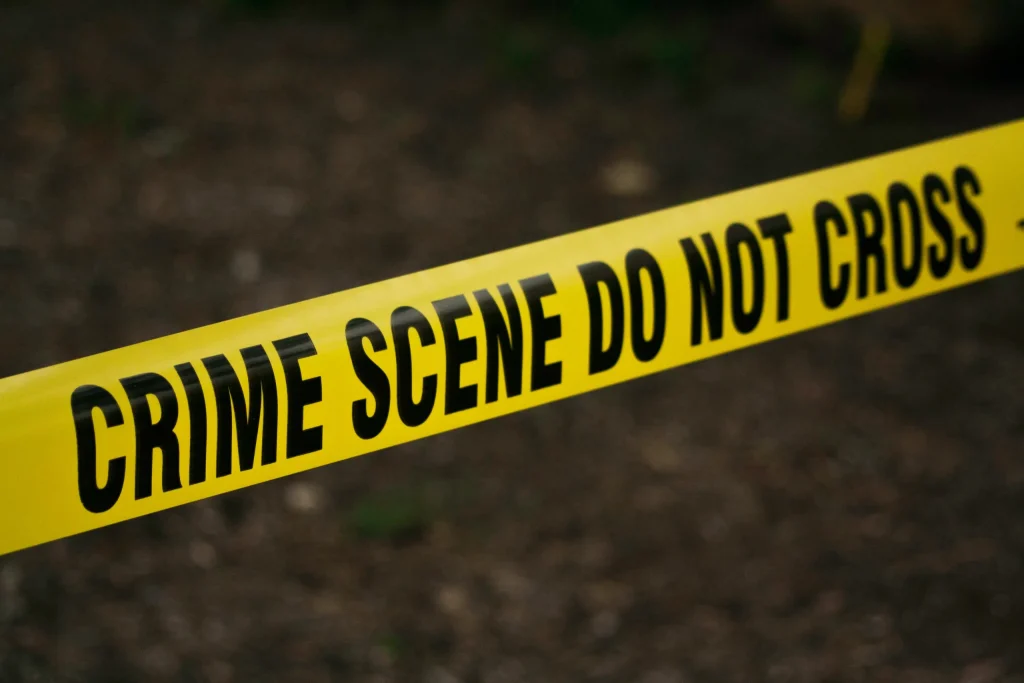In California, newly discovered medical evidence can play a pivotal role in challenging felony murder convictions, particularly when it undermines the prosecution’s theory of causation. Whether through ineffective assistance of counsel (IAC) claims or asserting actual innocence, such evidence can serve as a basis for post-conviction relief. Legislative developments like SB 467 and evolving case law further support the importance of scientific and medical testimony in ensuring a just outcome.
Understanding Newly Discovered Evidence in Post-Conviction Cases
California Penal Code § 1473 provides a pathway for relief when newly discovered evidence substantially impacts the reliability of a conviction. This includes:
- Evidence Unavailable at Trial: The evidence must not have been reasonably discoverable with due diligence at the time of trial.
- Material Impact on the Outcome: The evidence must be likely to have changed the jury’s verdict.
In felony murder cases, new medical expert reports or toxicology findings may reveal that the victim’s death was unrelated to the defendant’s actions. Such evidence can directly challenge the prosecution’s theory of causation and potentially lead to a reduction or reversal of the conviction.
The Role of Medical Expert Testimony in Felony Murder Cases
Felony murder convictions require a clear causal connection between the underlying felony and the victim’s death. Case law like People v. Gunnersing, 74 Cal. App. 3d 370 (1977) emphasizes that the prosecution must establish this nexus beyond a reasonable doubt.
Newly discovered medical expert opinions or toxicology reports can undermine this causation by showing:
- The victim’s death may have resulted from natural causes, unrelated to any alleged conduct by the defendant.
- External trauma or actions attributed to the defendant were not the proximate cause of death.
Legislative Developments: SB 467 and Scientific Testimony
SB 467 underscores the importance of scientific and medical advancements in criminal cases. Courts are now encouraged to reevaluate convictions in light of new or updated scientific evidence, particularly when:
- Trial counsel failed to secure expert testimony that could have provided alternative explanations for the cause of death.
- Medical evidence contradicts outdated or flawed conclusions presented during the original trial.
Ineffective Assistance of Counsel and Causation Challenges
To succeed in an IAC claim under Strickland v. Washington (1984), a petitioner must show:
- Deficient Performance: Trial counsel unreasonably failed to consult or present a medical expert or toxicology evidence relevant to causation.
- Prejudice: This failure affected the outcome of the trial, undermining confidence in the conviction.
For example, if a medical expert could have testified that the victim’s death was coincidental to the underlying felony, this absence at trial could meet the standard for IAC.
Actual Innocence Claims and Timeliness
Actual innocence claims based on new evidence allow petitioners to bypass procedural barriers, such as untimeliness. To succeed, the petitioner must demonstrate that:
- No reasonable juror would have convicted them of the charged offense in light of the new evidence.
- The evidence shows innocence of the charged crime (e.g., murder) or supports a lesser offense (e.g., manslaughter).
In felony murder cases, medical evidence suggesting the death was unrelated to the defendant’s actions can form the basis of such a claim.
Relevant Case Law: People v. Morris
The California Supreme Court’s review of People v. Morris may provide further guidance on causation in felony murder cases. While the decision is pending, the case highlights the evolving standards for evaluating the legal relationship between a defendant’s actions and the victim’s death.
Strategic Considerations for Post-Conviction Relief
- Secure Expert Testimony: Collaborate with qualified medical experts to provide reports or testimony challenging the prosecution’s causation theory.
- Highlight Case Law and Legislative Support: Cite cases like Gunnersing and reforms under SB 467 to strengthen the argument for relief.
- Frame the Evidence Carefully: Present the new evidence as pivotal to the jury’s understanding of causation and the defendant’s culpability.
Conclusion
Newly discovered medical evidence and evolving standards in scientific testimony offer significant opportunities to challenge felony murder convictions. By demonstrating the absence of medical expert opinions or toxicology reports at trial, petitioners can argue ineffective assistance of counsel or actual innocence. If you believe medical evidence could impact your case, consult an experienced post-conviction attorney to explore your options.
Need Help?
For guidance on filing a habeas corpus petition or challenging a conviction, contact Mines Law Firm. We’re here to help you fight for justice.
***
Disclaimer: This post is for informational purposes only and does not constitute legal advice. Consult an attorney for guidance tailored to your specific case.

